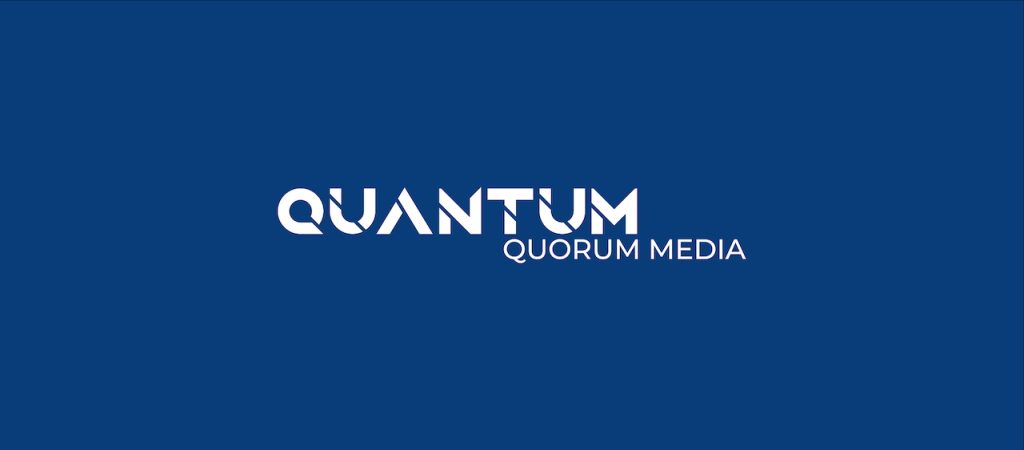
Introduction
The "New York" case has highlighted important issues at the intersection of journalism, ethics and law. As a professional journalism organization, Quantum Quorum Media distances itself from the practices that led to the convictions of the journalists involved. This study examines the implications of the case, the relevance of Dutch law-particularly Article 260 of the Penal Code-and the protection and limitations of journalistic freedom under Article 10 of the European Convention on Human Rights (ECHR). Finally, it highlights Quantum Quorum Media's commitment to ethical journalism and compliance with legal and professional standards.
Analysis of the Case 'New York'
The "New York" case involved serious violations of the law by four journalists convicted of corruption and violating official secrets. Specifically:
- Violations Made:
- Active corruption of officials.
- Cooperation in violation of trade secrets.
- Misuse of police radio communications for personal gain and sensationalism.
- Legal Findings:
- The defendants used their role as journalists not to serve the public interest, but for personal gain, including financial and reputational gain.
- Although acquitted of involvement in a criminal organization, the convictions for other charges highlight the limits of acceptable journalistic behavior.
- Consequences:
- Public confidence in the media was undermined.
- The case confirms the case law position that journalistic freedom does not justify illegal acts.
Relevant Legal Frameworks.
- Article 260 of the Dutch Penal Code: Article 260 criminalizes corruption of public officials. The journalists' actions, including bribery and facilitating the unauthorized disclosure of sensitive information, clearly fall within the prohibitions of this article. The law emphasizes that journalists, like all citizens, are bound by the law regardless of their profession.
- Article 10 of the European Convention on Human Rights: Article 10 guarantees freedom of expression, including the right to receive and disseminate information. However, this freedom is not absolute. The ECHR allows restrictions in the interests of national security, public safety and the prevention of disorder or crime. In the "New York" case, the court ruled that the journalists' actions exceeded the limits of lawful expression because they endangered public safety and violated other fundamental rights.
Deployment of Quantum Quorum Media for Ethical Journalism
At Quantum Quorum Media, we uphold the highest standards of journalism and ethics. We recognize the essential role of a free press in a democratic society, but also recognize the importance of responsible reporting. Our guiding principles include:
- Compliance with the Law:
- Compliance with national laws, including Article 260 of the Dutch Penal Code.
- Awareness of and compliance with international human rights frameworks, including Article 10 of the ECHR.
- Ethical Standards:
- Commitment to truth, accuracy and honesty in reporting.
- Avoiding practices that may compromise our integrity or the safety of individuals.
- Promoting Public Interest:
- Ensuring that investigative journalism serves the public interest without resorting to illegal methods.
- Transparent accountability mechanisms within our organization.
Lessons from the Case
Quantum Quorum Media actively studies prominent issues such as "New York" to strengthen our internal practices. We undertake:
- Regular Training:
- Educate our journalists on legal frameworks and ethical guidelines.
- Workshops on navigating complex ethical dilemmas in journalism.
- Strengthening Supervision:
- Introduce editorial controls to ensure compliance with legal and ethical standards.
- Encourage whistleblowing for unethical behavior within the organization.
- Collaboration with Legal Experts:
- Collaboration with legal professionals to guide our journalists in avoiding potential legal pitfalls.
Conclusion
The "New York" case serves as a warning about the abuse of journalistic freedom. Quantum Quorum Media is committed to ensuring that our practices reflect the highest ethical and legal standards. By understanding and respecting the limits of Article 260 of the Dutch Criminal Code and Article 10 of the ECHR, we strive to maintain public trust and make a positive contribution to society through our journalism.
Our organization remains committed to fostering a culture of integrity, accountability and professionalism in the media landscape.